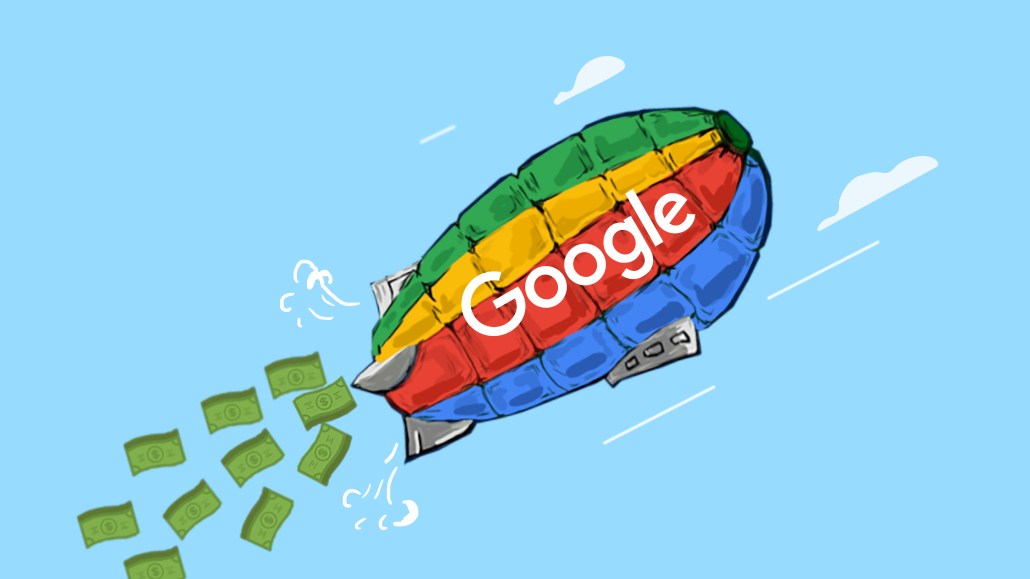Secure your place at the Digiday Media Buying Summit in Nashville, March 2-4
Google issues mandate requiring publishers to work with approved consent vendors

Google has a new policy requiring European-based publishers using its monetization tools to work exclusively with consent management platforms that comply with the ad industry’s standardized privacy protocol known as the Transparency Consent Framework (TCF).
The update applies to publishers within the European Economic Area and U.K. — areas where GDPR requires publishers and their partners in the advertising ecosystem to observe certain privacy protocols — that want to use tools such as Google AdSense, Ad Manager or AdMob.
An IAB Europe-led coalition of companies in the online ad industry devised the TCF as a means of complying with GDPR, albeit the protocol has not been without its complications since the legislation’s enforcement began five years ago (almost to the week).
Peentoo Patel, director of product management at Google, announced the update earlier this week, specifying that it was in response to the finalization of TCF 2.2 and that Google will announce an approved list of CMP vendors in the coming weeks.
“When we do this, we’re thinking about evolving user expectations and regulatory indicators that we think will ultimately guide the broader online advertising landscape,” added Patel, “we anticipate others in the industry will follow with similar adjustments.”
Google has already begun the process of listing its approved CMPs but was unable to provide Digiday with a complete list of TCF-compliant vendors by press time. Although, a Google spokesperson said it will maintain a regularly updated list in due process.
“We’ll continue to support publishers who use the TCF, but also work with ad tech providers that are not registered with the TCF through our Additional Consent specification,” stated Patel, adding that CMPs interested in applying for certification or learning about its approval process, can learn more via its registration form.
Experts approached by Digiday noted that while the process may appear straightforward, there are potential areas of concern, notably how the update may introduce additional cost, and are also indicative of the power Google wields.
Emily Palmer, a digital media and ad tech consultant, told Digiday if that Google disapproved one of the major industry CMPs it would cause a major headache to over-taxed publishers and effectively put any such vendor on notice.
“It will be interesting to see whether Google considers criteria such as the CMP’s track record of respecting publisher and user data based on different purposes,” she added. “There’s a line Google has in mind, which they won’t want to cross in terms of becoming a legal or ethical arbiter.”
Meanwhile, Jana Meron of Lioness Strategies, noted how many publishers will have to add this to their ever-increasing list of costs.
“This is important but it also adds to publishers’ ongoing concerns… the notion of consent is getting trickier and trickier,” she added. “This can push more and more people into a bloated ad tech environment that can hurt premium publishers.”
More in Media

Media Briefing: Turning scraped content into paid assets — Amazon and Microsoft build AI marketplaces
Amazon plans an AI content marketplace to join Microsoft’s efforts and pay publishers — but it relies on AI com stop scraping for free.

Overheard at the Digiday AI Marketing Strategies event
Marketers, brands, and tech companies chat in-person at Digiday’s AI Marketing Strategies event about internal friction, how best to use AI tools, and more.

Digiday+ Research: Dow Jones, Business Insider and other publishers on AI-driven search
This report explores how publishers are navigating search as AI reshapes how people access information and how publishers monetize content.









